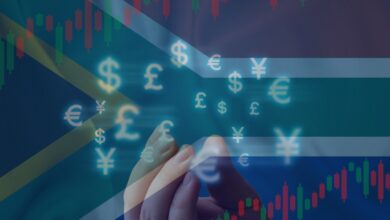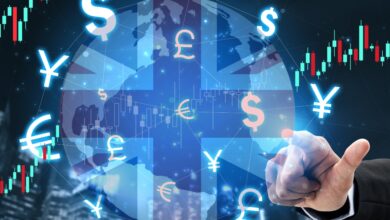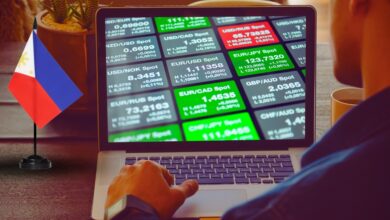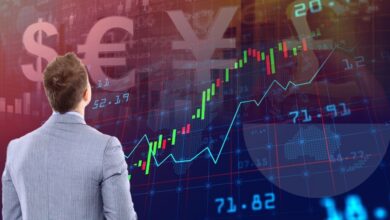Forex Trading in Australia: Regulations and Compliance
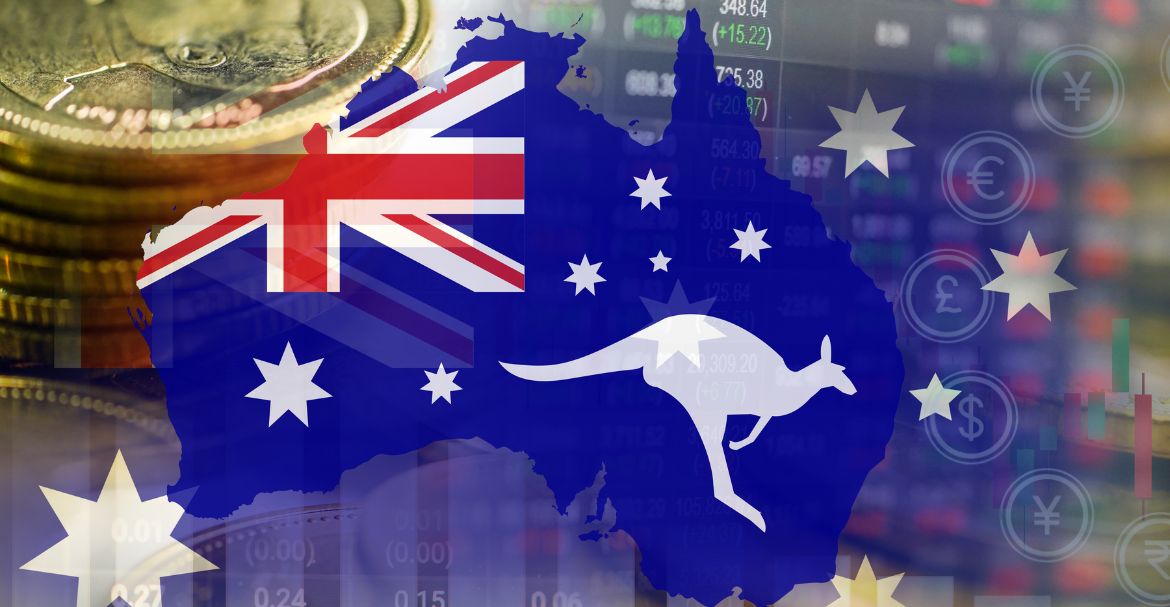
The forex market has become more popular in Australia as of late, and it is valued at $9 trillion daily in AUD. The market for foreign exchange is bigger than any other market for financial services, including traditional stocks and commodities. Although it has many attractive features, the foreign exchange market is complex, vast, and fiercely competitive; the major banks, trading companies, and funding companies dominate the market.
This article will outline the information you should be aware of when trading forex in Australia and the rules and guidelines that must be followed.
Regulatory Agencies
The Australian-based Forex brokerages are monitored closely by ASIC (Australia’s Security and Investment Commission). The ASIC is a regulatory body that has been operating for more than 20 years. A broker must be ASIC-licensed if it wants to offer services to Australian traders. This guarantees that the traders’ funds are safe and that the broker’s operations are transparent. The website of ASIC provides a list of all brokers that are licensed and thus secure; ASIC also manages traders’ complaints against brokers. If the broker is believed to have acted improperly in the situation, they can be investigated, and penalties are charged. The second major regulator in Australia is APRA (Australia’s Prudential Regulation Authority); this agency is responsible for banks and insurers.
Rules and Guidelines
ASIC is responsible for both regulations of the ASX and forex markets. This is Australia’s largest equity market. ASIC was established in 1998 and has seen its duties and responsibilities grow. ASIC currently oversees foreign-exchange, ASX Securities Market, credit markets, and more. ASIC requires a company to meet certain standards to be licensed as a forex broker. One, a minimum capital requirement is at least one million dollars. All customer funds must also be kept in separate accounts at high-tier banks.
ASIC has increased its governance activities to ensure investors and consumers have the best protection under Australian law. As with all major forex regulatory agencies worldwide, Forex brokers licensed must file an annual statement and other compliance reports to meet the strict standards. ASIC also provides education for investors and traders about financial markets.
Leverage Limits
The leverage can differ based on the track record of a trader’s transactions. Beginners can use less leverage than professionals with years of experience. Currently, there are no limitations on leverage; however, most brokers can offer not more than 500:1 leverage to try to limit losses to traders to an acceptable level. ASIC has set leverage limits of 30:1 for major currency pairs and 20:1 for minor and exotic currency pairs. ASIC has put a cap on credit card payments to your broker of $1,000 (AUD) when opening a new account. Furthermore, your earnings must be reported and counted as taxable revenue.
Disclosure of Costs
The Australian Securities and Investment Commission (ASIC) has announced changes to the issuance and delivery of CFDs to retail customers. ASIC aims to enhance consumer protections by decreasing CFD leverage that is available to clients who are retail customers and by focusing on CFD products’ characteristics and sales practices that can increase customers’ CFD losses. The expenses associated with trading CFDs include commissions, as well as financing costs, spreads, and the price offered at the moment when you trade. There is no commission when trading commodities and forex. Though the brokers charge a fee for stocks.
Know Your Customer (KYC) and Anti-Money Laundering (AML) requirements
Know Your Customer (KYC)
KYC is required by law for Australian forex brokers to confirm the identities of their customers. FX firms usually vet this information with KYC documents like passports and national ID cards. They also provide financial statements and utility bills. The FX broker has to establish authentication of the account and KYC procedures to comply with the requirements of law and regulations. However, most forex traders will require the following:
- Full Name
- Date of Birth
- Passport or national ID number and country of issuance
- Residential or business address
- Phone number
- Email address
- Sample signatures
- Other financial information, such as Source of Funds, the purpose for opening a trading account, etc.
Anti-Money Laundering (AML)
Australia has adopted an active approach to regulating crypto assets; exchanges and digital currencies have been legal in the country since. Crypto assets are considered property to be taxed, and Capital Gains Tax rules are in place. Exchanges must register with the Australian Transaction Reports and Analysis Centre (AUSTRAC), which protects against money laundering and terrorist financing.
Reporting Requirements
Every trader is responsible for protecting their investment by checking the authenticity and reliability of the broker before making a deposit or making transactions with them. Each ASIC-licensed best forex broker in Australia has a unique AFSL number that can be verified via ASIC’s official ASIC website. If a broker is unwilling to disclose the information, the trader should use the highest degree of care when dealing with the broker.
ASIC regulations require that all the information required to regulate the company must be disclosed to traders without failure. ASIC regulations state that the Best Forex brokers from Australia are required to report certain data to the ASIC, for example, trade volume, client account balances, and any disputes or complaints which may have arisen. The ASIC also provides a short description of the members they regulate on their official database, allowing traders to find out more about the company before opening an account.
Penalties for Non-Compliance
To keep their reputations and profits up, all FX companies must balance the onboarding of customers, compliance with AML/CTF, and prevention of fraud. This helps FX platforms improve efficiency while avoiding harsh sanctions for not complying. A civil penalty is up to $4,4 million (~$3,1m) in the case of an individual and A$22.2m ($15.3m) in the case of corporations. This is the maximum penalty in place; the penalty amount per unit is $222. In contrast, there is the possibility that an Australian trader who fails to adhere to the rules could face severe penalties. This may include suspension, fines, cancellation of licenses, or possibly even criminal penalties. Additionally, traders could be subjected to legal action from authorities like the ASIC and other important regulatory bodies.
Conclusion
In summary, Forex trading in Australia is controlled through the Australian Securities and Investments Commission (ASIC), which is designed to safeguard investors and ensure its integrity in the marketplace. Australian Forex brokers must comply with the strictest regulations, including capital requirements and strict financial reporting guidelines. Furthermore, they must be registered with ASIC and have the Australian Financial Services License (AFSL). These rules provide a superior degree of security against Australian traders, ensuring they trade with trustworthy and licensed brokers. Regulations also ensure that Australian forex traders can access an open, transparent, and efficient market that is vital to the continuing development of the forex market in Australia. Overall, the laws and regulations in Australia offer security and safety for Forex traders, which gives investors the confidence to trade and invest with confidence.
FAQ
Is It Profitable to Trade Forex in Australia?
It is certainly possible to earn money trading Forex. There are steps to take, including self-education, using a demo account, and more.
Do Forex Traders Pay Tax While Trading in Australia?
In Australia, however, foreign exchange traders are tax-liable. There are two categories that you need to know about. In the first place, you have to decide if you are in the category of a trader or an investor.
